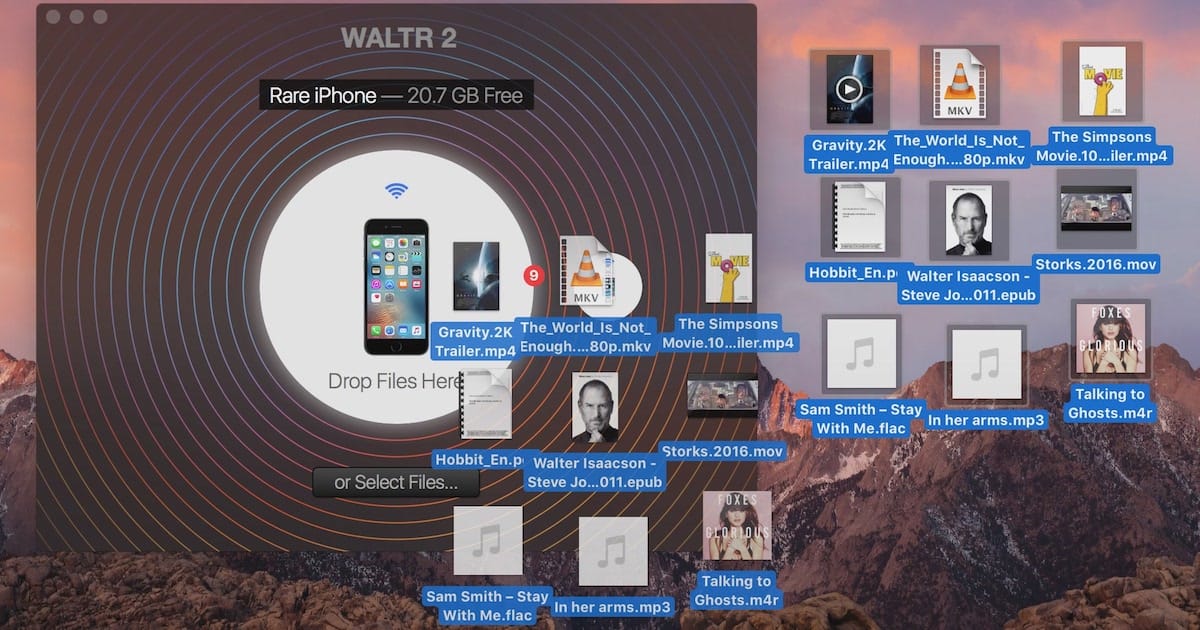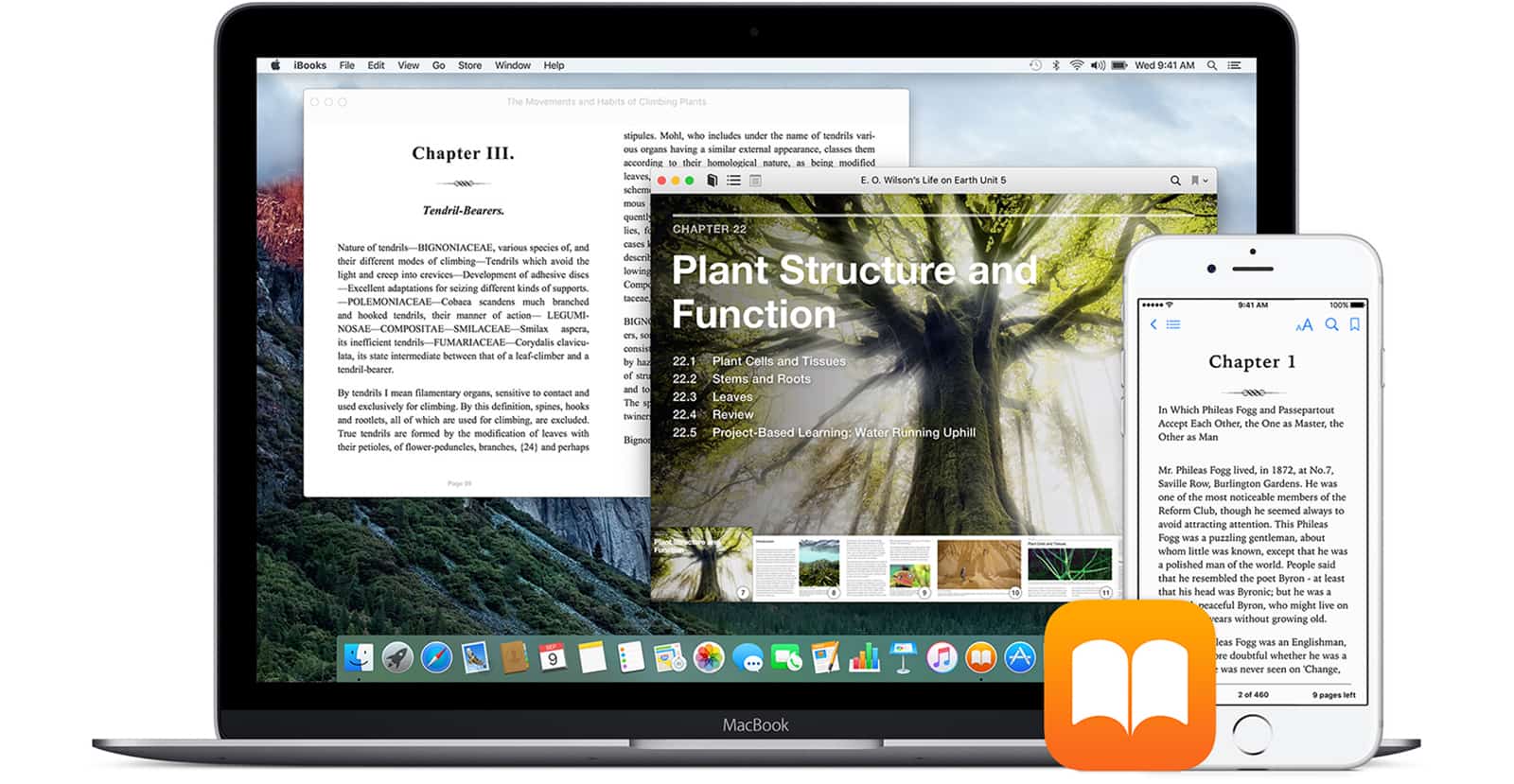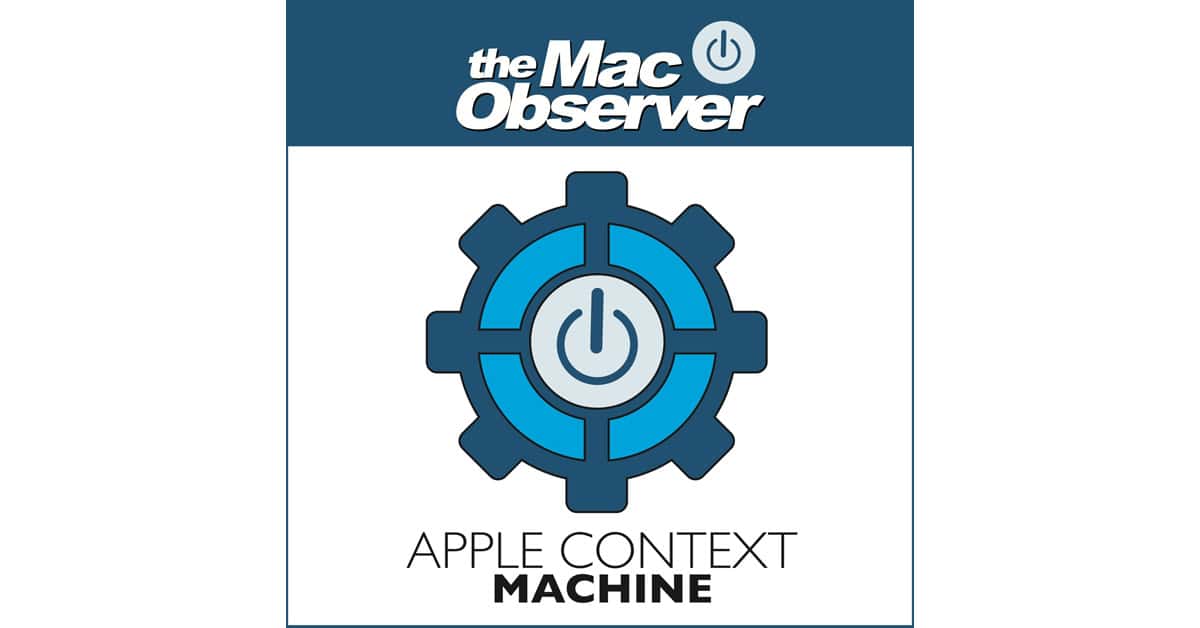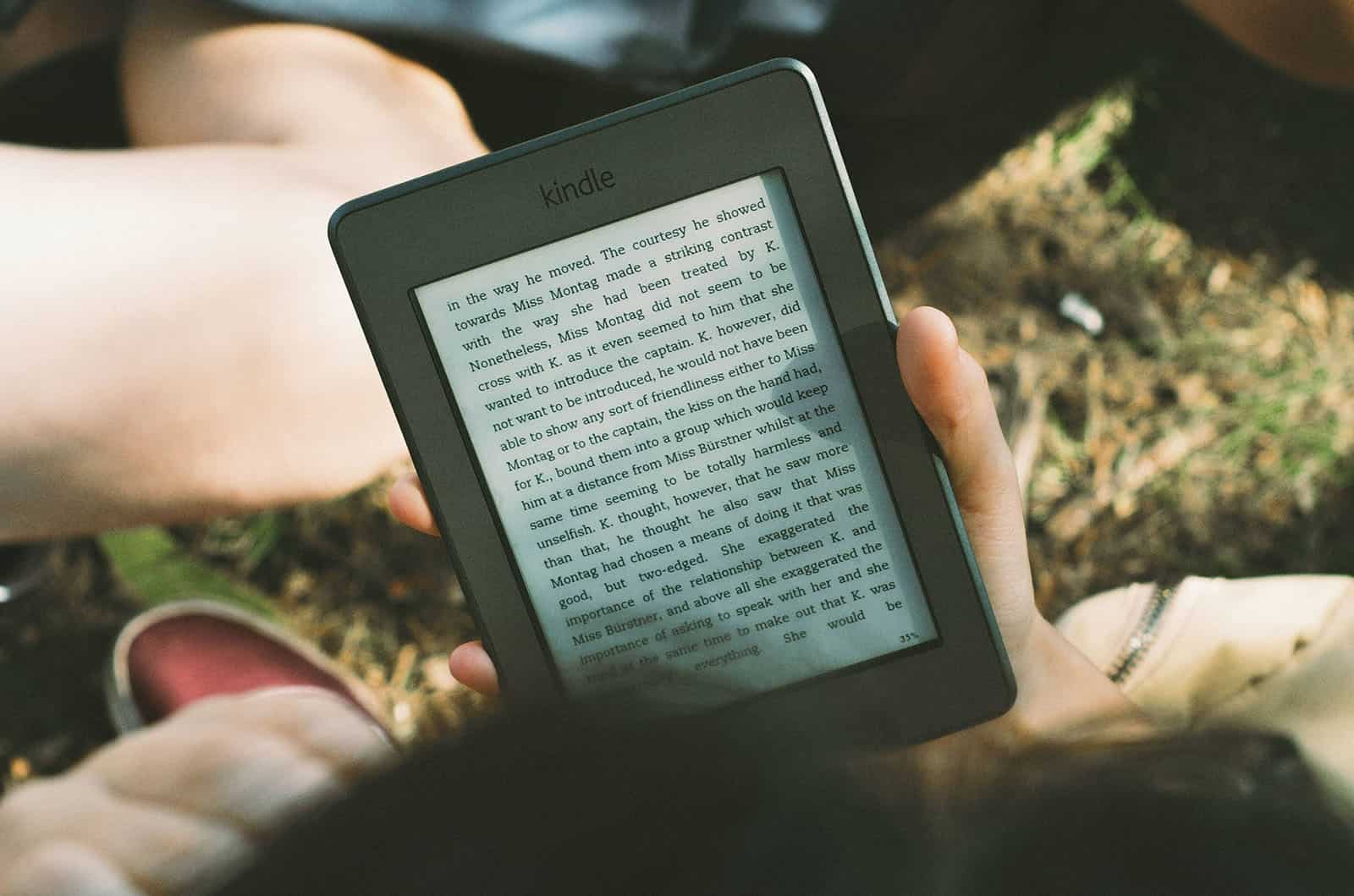If you’re looking for an iOS alternative to the popular Tachyomi manga reader, look no further. Arnold Zafra outlines five great choices.
ebooks
Thursdays with Bob: Killing Time – TMO Daily Observations 2022-02-03
Dr Mac joins Kelly to talk about some of the ways he likes to while away the hours, or even just the minutes, and how you can do the same.
How to Kill Some Time...
Dr. Mac shares some of his favorite ways to kill time…
Apple Feels Schadenfreude as Amazon is Accused of eBook Price Fixing
Nine years after an investigation found that Apple and the “Big Five” book publishers colluded to fix eBook prices to compete with Amazon, Amazon has now been accused of doing the same.
The lawsuit claims that almost 90% of all ebooks sold in the US are sold on Amazon, in addition to over 50% of all print books. The suit alleges that ebook prices dropped in 2013 and 2014 after Apple and major publishers were successfully sued for conspiring to set ebook prices, but rose again after Amazon renegotiated their contracts in 2015.
iPadOS 14: How to Fix iPad Books 2-Column Issue
Apple’s Books app in iPadOS OS 13 and iPadOS 14 has an interesting interface quirk that can display your book’s text in two narrow columns like a newspaper, and Bryan Chaffin has the quick fix.
‘The Darwin Affair’ Latest Big Library Read
“The Darwin Affair” is the next book in Libby’s digital book club called Big Library Read.
London, June 1860: When an assassination attempt is made on Queen Victoria, and a petty thief is gruesomely murdered moments later—and only a block away—Chief Detective Inspector Charles Field quickly surmises that these crimes are connected to an even more sinister plot. Was Victoria really the assassin’s target? Are those closest to the Crown hiding something? And who is the shadowy figure witnesses describe as having lifeless, coal-black eyes?
Audiobooks on Macs – TMO Daily Observations 2020-05-07
Charlotte Henry joins host Kelly Guimont to walk through how to listen to your audiobooks on a Mac, both from Audible and from Apple Books.
China Pulls Apps, Ebook Tips – TMO Daily Observations 2020-03-23
Andrew Orr and Bryan Chaffin join host Kelly Guimont to discuss China’s outsized App Store power, and getting free ebooks from a few sources.
Book Publishers Artificially Limit eBook Lending in Libraries
Major book publishers impose limits on how libraries handle ebooks, with short-term licenses and contracts.
Because only one reader can check out an ebook at a time, and because the cost of licensing an ebook is prohibitively high for libraries to invest in hundreds of copies for every new title, library-goers have become accustomed to long waits to check out ebooks, particularly bestsellers. For publishers, that’s the point. If you have to wait weeks to check out a new ebook, you might just cruise on over to Amazon and pay $14.99 to have it delivered immediately to your Kindle or the Kindle app on your phone.
Expensive college textbooks and dumb eBook rules are two good examples of how ripe for disruption this space is. It’s also shortsighted. The point of digital media is to make it so easy to access that people don’t feel the need to pirate anymore. But practices like this is partly what drives people to pirate.
EU Rules Selling Secondhand eBooks Infringes Copyright
A European court recently ruled that the unauthorized sale of secondhand eBooks infringes upon the owner’s copyrights.
“The decision is not only important for the book sector, but also for the music and film industry, because now also for music and film, downloaded copies may not be resold. The GAU / Media Federation is happy that after many years there is finally clarity about the application of copyright to e-books.
I’m not sure how you would tell the difference between a “used” eBook and new one, unless a proof of purchase was provided. But it’s unfortunate to me that, unlike physical goods, you can’t sell used digital goods.
Ownership of eBooks, Security Updates – TMO Daily Observations 2019-04-19
Andrew Orr and Bryan Chaffin join host Kelly Guimont to discuss “ownership” of eBooks, Instagram’s security, and viewing your tracked data.
eBooks and the Nature of Ownership
Microsoft closed its eBook store several weeks ago. People lost their books, but at least the company refunded them. Because of this, Michael Kozlowski of Good e-Reader says people are experiencing a “crisis of confidence” in eBooks.
I believe that ebooks are suffering from a crisis of confidence. It is beginning to be quite difficult to trust a retailer to not disappear overnight with your ebooks, no matter how big they are…A recent study published in the journal Electronic Markets found that the vast majority of people felt a constricted sense of ownership of ebooks versus physical books, based on the fact that they don’t have full control over the products.
He also mentions how a lot companies use DRM on eBooks, which factors into the “You license, not own, your eBooks” argument. I’d like to point out that Apple Books doesn’t apply DRM to most if not all of its books. I can take books I buy on there and move it to another service if I want, which makes me feel as if I truly own them.
A Paper Book is Better Than an eBook for Kids
It’s just one study, but it feels right.
Researchers find that toddlers verbalize and interact more with their parents when reading sessions feature print books, not tablets.
I think many of us suspected that the tactile feel of a paper book stimulates a child better than a digital display. Here’s some evidence that it’s true. (Image credit: BigThink.)
Walmart and Kobo Partner to Launch Walmart eBooks
Walmart is desperate to compete with Amazon, and this new service is another volley in the battle. It offers both eBooks and audiobooks.
iBooks Author is Gone, And it's Been Folded into Pages [Update]
iBooks Author is now gone. RIP
TMO Background Mode Interview with Take Control Books Publisher Joe Kissell
Joe Kissell is a writer and author with over 60 technical books to his credit. He’s a contributing editor with Tidbits, and recently became the owner and publisher of the Take Control series of eBooks. Early in his career, Joe had a strong interest in language and holds a Master’s degree in Linguistics. Along the way, however, he also got very technical with computers, and that landed him a job as a product manager with Nisus. Subsequently, Joe was a software developer for Kensington. In 2017, he accepted an offer from Adam Engst to acquire Take Control Books. Joe and his wife run that business—currently using a brand new iMac Pro. When not editing, Joe pursues T’ai Chi, cooking, walking and travel. Joe tells his career story, chock full of technical serendipity, with awesome charm.
The Secret History of the iPhone Isn't So Secret Anymore
The highly anticipated and controversial new book about the development of the iPhone, The One Device: The Secret History of the iPhone, is now available. Initial reviews reveal that the book isn’t the “complete” history of the iPhone that most were expecting, but that it does provide a number of new stories and insights about the inner workings of Apple and the relationships between the company’s executives and its partners during this crucial time in Apple’s history. Early press excerpts from the book caused some controversy, and its release was timed perfectly with last night’s interview with ex-iOS chief Scott Forstall. Check it out now at Amazon, or download the Kindle or iBooks versions to start reading right away.
Can WALTR 2 Really Be Your iTunes Replacement?
When you’re looking for an iTunes replacement, you want something that can do just about everything Apple’s software can do, but better. WALTR has been a good contender in this arena, and WALTR 2 offers functionality that iTunes doesn’t. The question is, does it work as designed? Come along with Jeff Butts as he reviews WALTR 2 and uncovers how well it performs.
Self Publish Your Books With iBooks
If you’re an author, you can self publish your books on iBooks. You’ll want to leverage multiple platforms to increase your visibility, but don’t forget Apple. As The Mac Observer editor-in-chief, Bryan Chaffin, wrote, Apple’s eBook platform isn’t perfect, but it is worthwhile to use.
Apple Doesn't Love iBooks and Samsung Schadenfreude - ACM 397
Evidence suggests Apple stopped loving iBooks. Bryan and Jeff go over that evidence and discuss why Apple should rekindle that love and make iBooks great again. They also take a few minutes to experience some schadenfreude over Samsung’s battery factory fire, and argue that a loss of market share demonstrates Samsung’s lack of software relevance.
Interactive eBook Standard Could Take on Web Qualities with W3C Merger
Today the World Wide Web Consortium and the International Digital Publishing Forum have completed a merger. The new initiative, called Publishing@W3C, will use web technologies to improve publishing, authoring and reading of interactive eBooks. The goal is to make an eBook a self-contained ecosystem with rich interactions using dynamic documents, search, and multimedia. The self-contained part means that the web elements can work even if you’re offline, without needing an always-on connection. Work is underway on APIs and packaging formats to enable these eBooks to act more like apps or web pages. The move could dramatically overhaul the ebook market, which is currently dominated by Amazon, with Apple’s iBooks as a distant second. It remains to be seen how having the W3C’s weight behind an ebook standard could affect the market, but it could give authors, publishers (including independent authors), and readers more options. It could also have a big impact on the textbook industry.
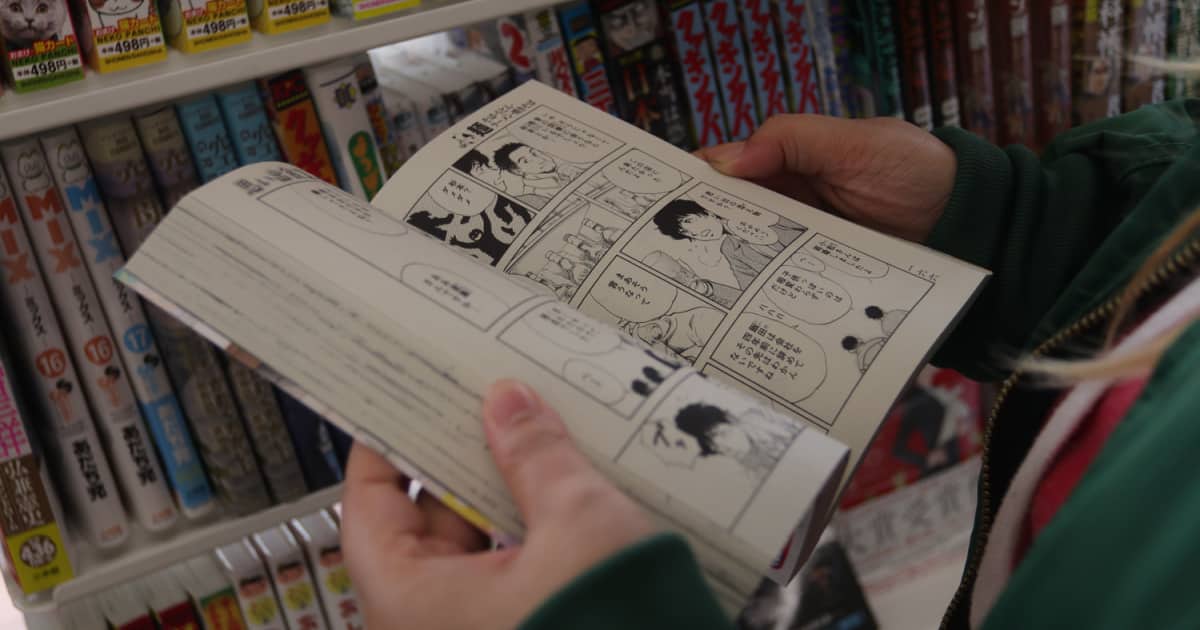




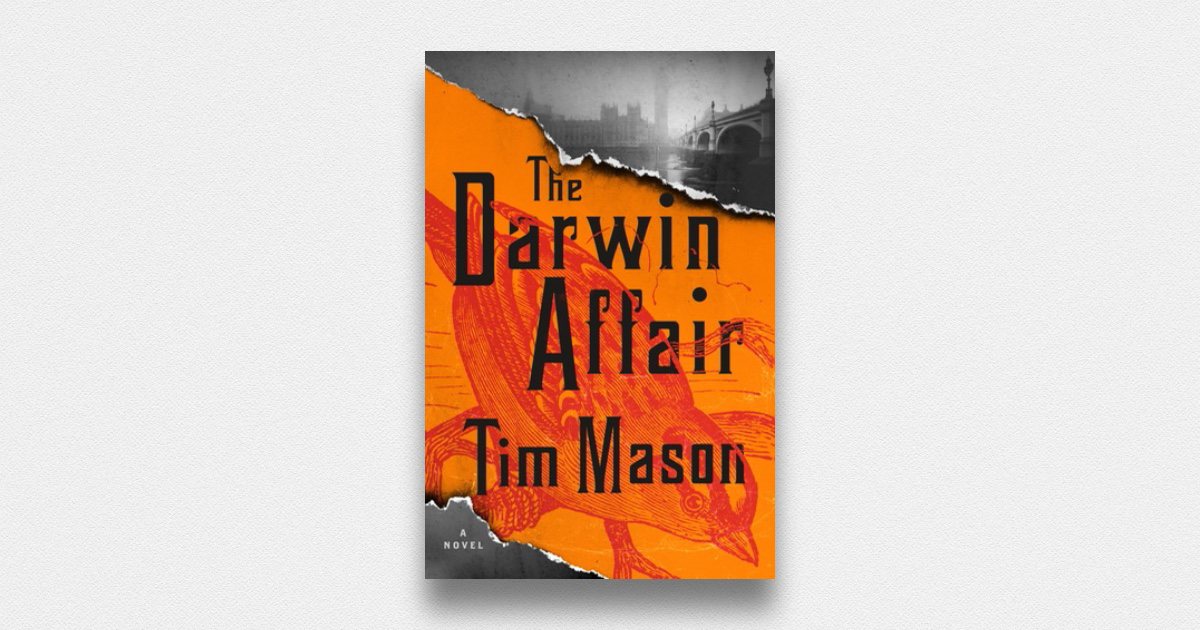

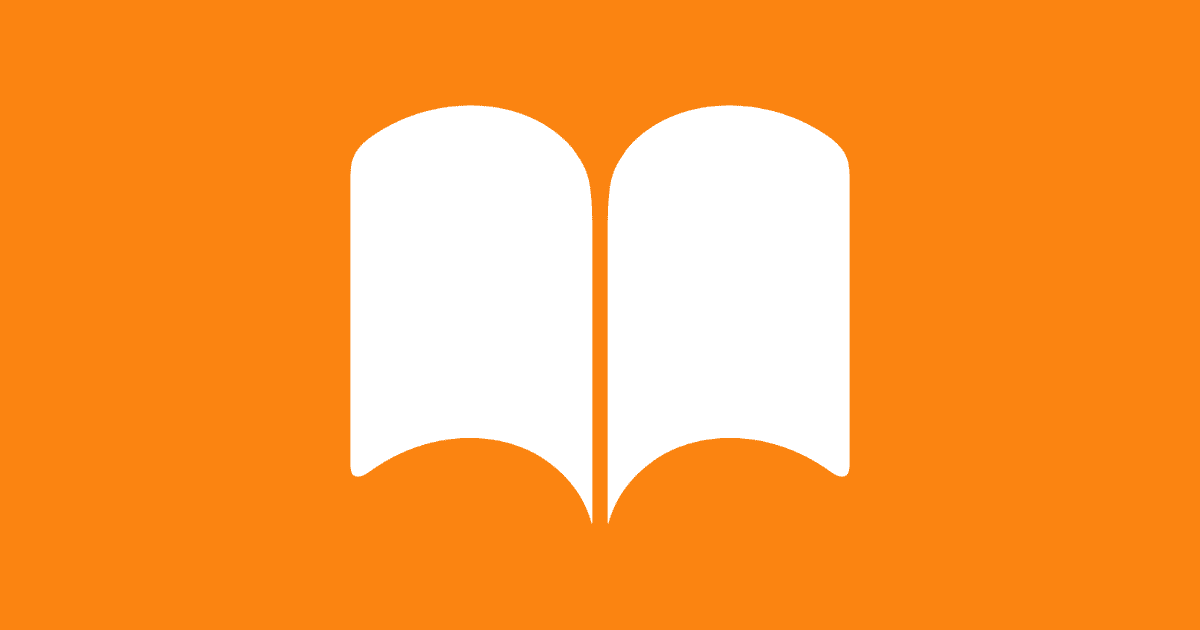

![iBooks Author is Gone, And it’s Been Folded into Pages [Update]](https://www.macobserver.com/wp-content/uploads/2018/03/iBooks-author-pages-wide.jpg)


